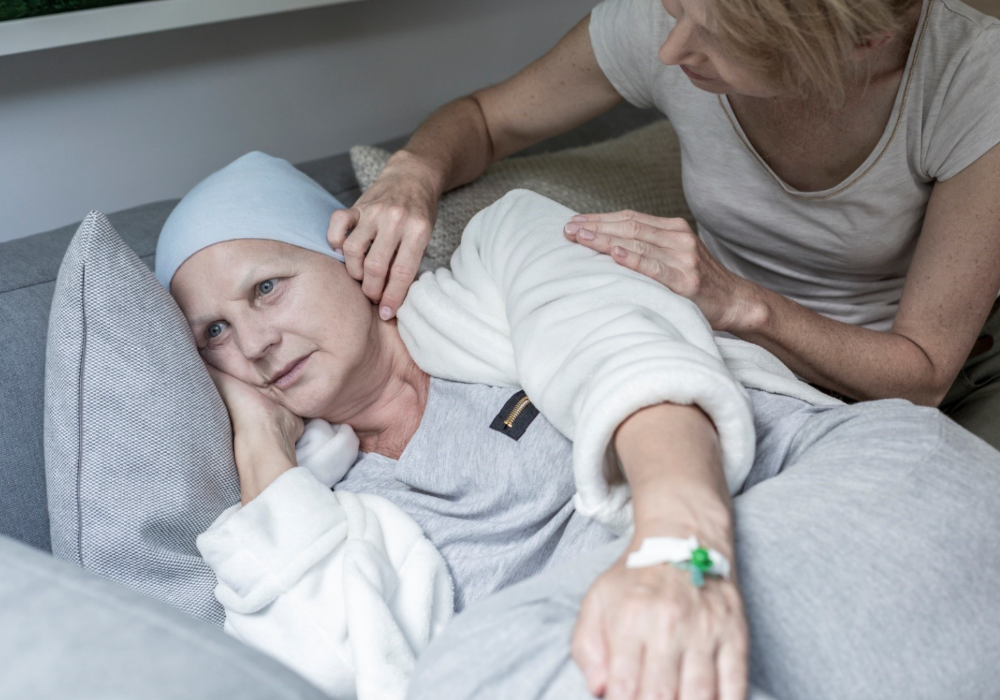Caring for a loved one with cancer is an act of love and compassion—an act that the majority of the 18 million individuals living with cancer in the United States rely primarily on unpaid family and friend caregivers to provide. Those caregivers rarely have formal training, and many do not have adequate support to navigate the complexities of medical and nursing care.
In a 2023 survey, 25% of 238 Commission on Cancer–accredited cancer centers in the United States reported that they had no caregiver support programs. The programs that existed were limited in scope and rarely evidence-based, and most simply referred caregivers to national or community organizations for help (see sidebar). The centers identified three main challenges:
- Payment or reimbursement for caregiver programs
- Established quality metrics or accreditation for caregiver services
- Sufficient staff to provide support
Oncology Nurses’ Role: Advocacy and Leadership
Oncology nurses can advocate for the adoption of evidence-based cancer caregiver interventions in their cancer centers or take the next step and develop quality improvement projects to integrate caregiver care programs and processes in their institutions.
Oncology Nurses’ Role: Direct Care
The National Academies Roundtable on Quality Care for People With Serious Illness, National Cancer Policy Forum, and Forum on Aging, Disability, and Independence hosted a workshop that examined opportunities to better support family caregiving for people with cancer or other serious illnesses. During the workshop, participants cited several suggestions that direct care nurses and other healthcare professionals can act on to help ensure caregivers receive the support they need to care for themselves and their loved ones:
- Acknowledge and include caregivers in patient education, including monitoring for and managing symptoms, using nutritional strategies, and responding to emergencies.
- Ask caregivers directly what they could use to improve their caregiving situation. If they don’t know, offer suggestions such as a shower chair or transfer bench and then direct them to a medical supply store or online resource.
- Validate the stress and emotional toll that caring for a loved one with cancer can bring, and direct them to resources for self-care.
- Guide caregivers to internal and external resources for financial assistance, respite care, and local support services (see sidebar). Consider holding a caregiver support fair to disseminate the information.
- Advocate for evidence-based interventions within the institution and push for policy changes that support the role of caregiving.
- Engage in research focused on the caregiver and supported by evidence.
- Form a coalition with other departments or hospitals and include a diverse representation of caregivers to identify all needs.
Cancer caregivers often face a silent struggle that must be addressed on local and national levels. Oncology nurses can empower caregivers by acknowledging them as key partners of the healthcare team, suggesting support resources, and implementing evidence-based caregiver interventions.






